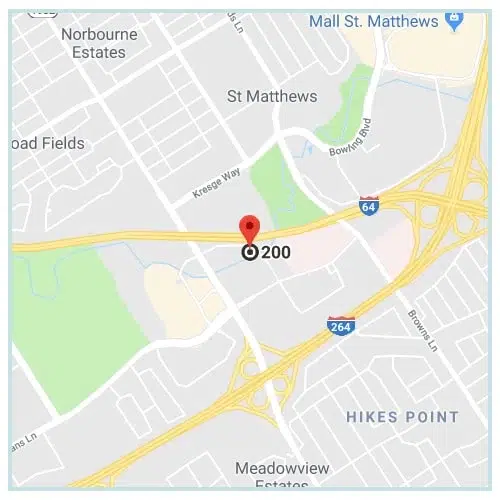A do-not-resuscitate (DNR) order provides essential information to medical professionals in the event you’re unable to communicate. These orders are often controversial, as friends and family may disagree with the directives laid out by you personally. Here some of the basics on DNR orders, which can be useful to you during the estate planning process.
What is resuscitation?
DNRs are primarily concerned with cardiopulmonary resuscitation (CPR). CPR is a group of methods used to restore breathing or to restart a heart that has stopped beating. It can involve chest compressions and mouth-to-mouth resuscitation, or it can be administered via a defibrillator. This is a medical device that applies electric shocks to a person’s heart to restore normal function. DNRs can also specify rules about intubation, or breathing tubes. Some people stipulate that breathing tubes should not be used if normal breathing function stops.
Who should I talk to about DNRs?
Talking with your family before implementing a DNR is recommended. You may be able to effectively communicate your thoughts and feelings to loved ones, which can prevent them from objecting to your wishes when the time comes. Equally important, discuss the matter with your physician. He or she can explain specific medical treatments and procedures in more detail, which is essential to come to a decision that you feel comfortable. Once you’ve made a decision, be sure to put it in writing. This can be achieved via a living will or healthcare power of attorney.
Can DNRs be revoked?
If you created a DNR with a doctor and the order has already been created, your family is not allowed to revoke it. If you have selected a healthcare agent and have communicated your wishes to this person, they will relay your wishes to the medical staff without the approval of your family.



